Health Minister Brad Hazzard calls two inquiries into the treatment of mentally ill patient Miriam Merten
EXCLUSIVE: APPALLING CCTV footage released by The Daily Telegraph this week of the callous treatment of a mentally ill patient in NSW shows the awful truths of our health system.
NSW
Don't miss out on the headlines from NSW. Followed categories will be added to My News.
NAKED, alone and begging for help, Miriam Merten, a 46-year-old mother of two, is rocking back and forth in a pitch-black room.
It’s 1.03am and she’s been trapped like an animal for more than hour.
Staggering to her feet, she claws the wall trying to escape. But her legs are unsteady and she crashes to ground. It’s the third time she’s fallen in just minutes.
Half an hour before she was shoved into the cell, she was drugged with antipsychotics.
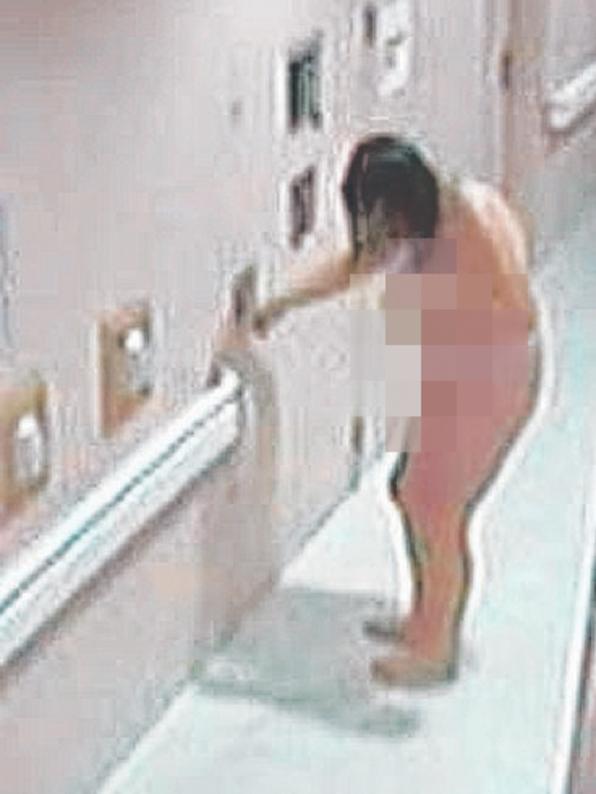
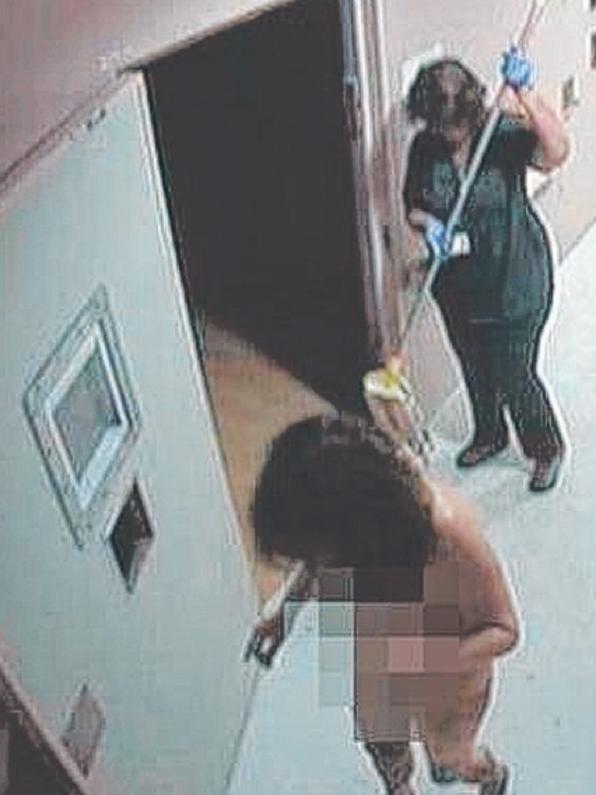
The room is just 4m by 3m and the only furniture is a bare mattress. She tries to peer out the tiny window but there’s no one there to hear her screams.
Bruised and bloody, her first fall was just seconds after she was dumped in the cell.
No one will give her food or water.
When she’s finally released from her prison at 5.10am, she’s a dead woman walking.
Covered in blood and faeces, for an hour and a half she drags her limp body up and down the corridor — falling at least twice more.
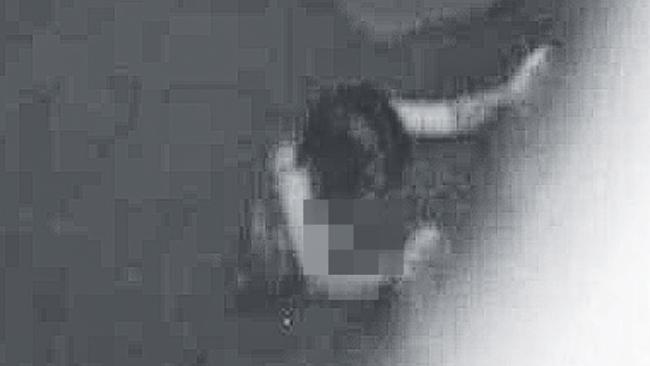
Apparently oblivious to the horror in front of them, two nurses mop the floor.
It’s only when Miriam collapses for the final time, at 6.49am, that the senior nurse runs for help.
It’s far too late.
She’s rushed to ICU and the next day, at 10.30am, Miriam is declared dead.
The tragedy sounds like a scene from a 1900s asylum. But the horror story happened on the night of June 1, 2014, at Lismore Base Hospital — one of NSW’s major regional facilities.
Miriam wasn’t in a jail cell but in “seclusion”, a practice commonly used in NSW hospitals where mentally ill patients are literally locked up in empty rooms.
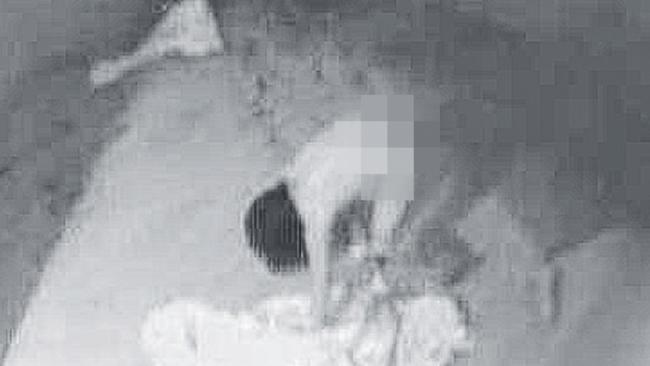
The Daily Telegraph exposed the story yesterday, releasing CCTV footage of the horrifying ordeal.
The film was obtained with the help of Miriam’s daughter Corina, who wanted the brutal treatment exposed in the hope it will finally wake Australia up to the desperate lack of staff and resources in our mental health system.
In a gross breach of health protocols, the two nurses responsible for Miriam’s care monitored her in the seclusion room occasionally via CCTV.
By the time the hospital’s rapid response team arrived she was “icy white in colour, very cold to touch”, had a black eye and “reddish black and blue bruising and swelling”.
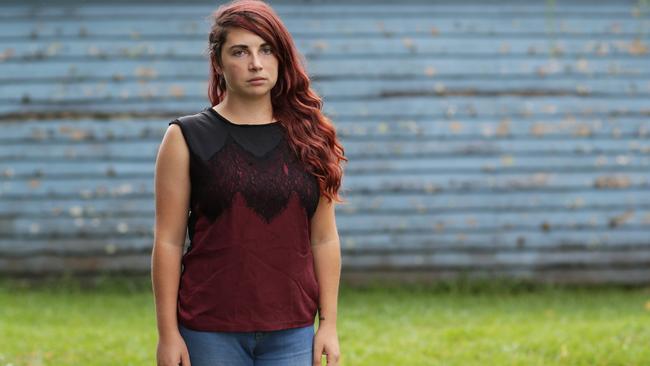
A report from Coroner Jeff Linden, completed late last year, found Miriam had died from “traumatic and hypoxic brain injury caused by numerous falls and the self-beating of her head on various surfaces, the latter not done with intention of taking her own life”.
The senior nurse in charge of her care, Christine Borthistle, was found guilty of professional misconduct and was stripped of her licence. Borthistle died earlier this year.
The junior nurse also had his registration officially cancelled by the NSW Civil and Administrative Tribunal.
The heartbreaking footage has shaken the political world.
Prime Minister Malcolm Turnbull was so disturbed by it he personally called Premier Gladys Berejiklian yesterday to ensure she was across the tragedy.
He also ordered his own Health Minister Greg Hunt to oversee the state government’s response.
“The tragic circumstances of Miriam Merten’s death reported today remind us all of the need to do more with compassion and dedication to secure the health of all Australians,” Turnbull told a Sydney luncheon yesterday.
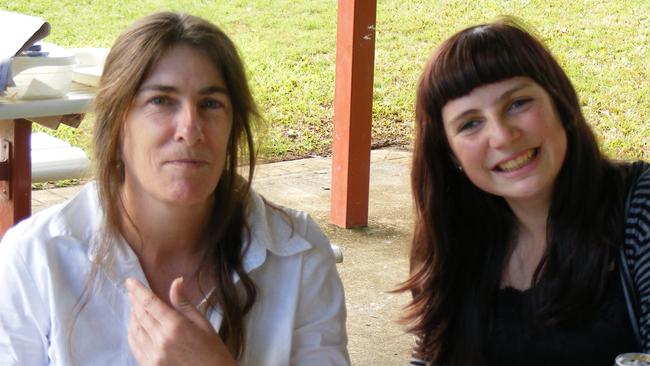
NSW Health Minister Brad Hazzard yesterday sensationally announced there would be two inquiries into the tragic death — one by NSW chief psychiatrist Dr Murray Wright and another by NSW Parliament.
Hazzard said they needed to investigate whether the death was part of a much wider problem.
“What I, as Health Minister, and minister (Tanya) Davies as Mental Health Minister, want to know is what every member of the community would want to know — we want to know absolutely that whatever can be done in a very human system has been done,” Hazzard said.
“If those human mistakes are part of a systemic problem then very much it needs to be changed.”
Hunt labelled the footage “deeply distressing”.
“It is utterly unacceptable,” he said.
“The NSW government has our full support for the strongest possible steps against what was completely unacceptable.”
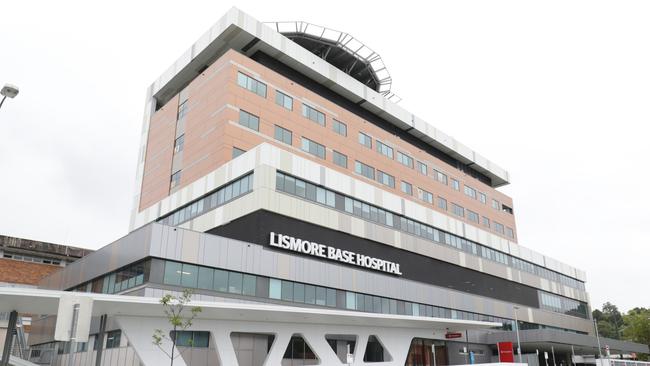
While the senior nurse responsible for Miriam’s care passed away, mental health experts believe the use of “archaic” seclusion rooms needs to be stopped completely.
In 2005, health ministers across the country endorsed “the national safety priorities in mental health: a national plan for reducing harm”.
One of the plan’s four priorities was to make “reducing” and “possibly eliminating” seclusions rooms a national priority.
Yet new figures from the Australian Institute of Health and Welfare reveal seclusion rooms are still a norm of Australia’s mental health system.
Last year, one in 20 episodes of care provided by Australian public sector specialised acute hospital services involved a seclusion event.
In NSW the average seclusion lasts for more than six hours, with 8.1 seclusion events occurring per 1000 bed days.
This is despite the institute saying that “(seclusion) can also be a source of distress not only for the patient but for support persons, representatives, other patients, staff and visitors”.
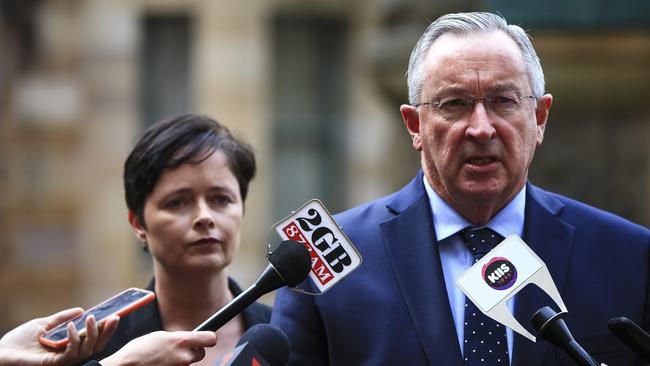
Hazzard said not only would the inquiries investigate Miriam’s tragic passing, but would also examine the use of “seclusion rooms” across the state. “I am not a psychiatrist, I’m not a psychologist, but I have seen some of these seclusion facilities and I’m not happy,” he said.
Frank Quinlan is the chief executive of Mental Health Australia, the peak body representing mental health organisations in Australia.
Quinlan says he was worried that seclusion could actually be on the rise in Australia because of an under-reporting of incidents.
“The tragedy of seclusion and restraint is a reflection of failures and rationing in our mental health system,” Quinlan says.
“It’s quite clear that where there is a lack of resources and support, high levels of seclusion and restraint start to occur.
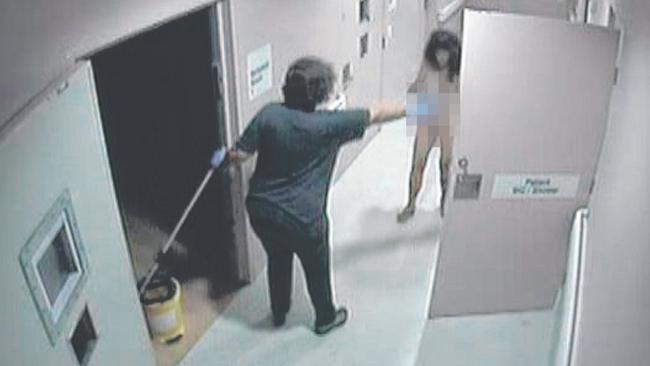
“While it’s important to emphasise the individual worker’s responsibility, we need to continue to look at the system as a whole and why these events are occurring.
“We need accurate reporting and continuous improvement to ensure seclusion is not happening in the dark.”
Quinlan says seclusion was particularly dangerous to mental health patients because they were most likely already victims of trauma.
“There’s a drastic problem when the mental health system is re-traumatising vulnerable people,” he says.


